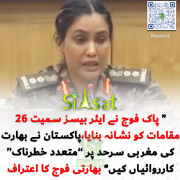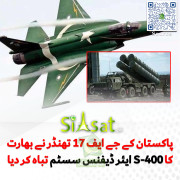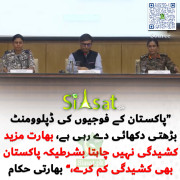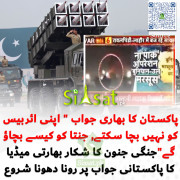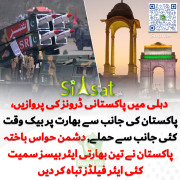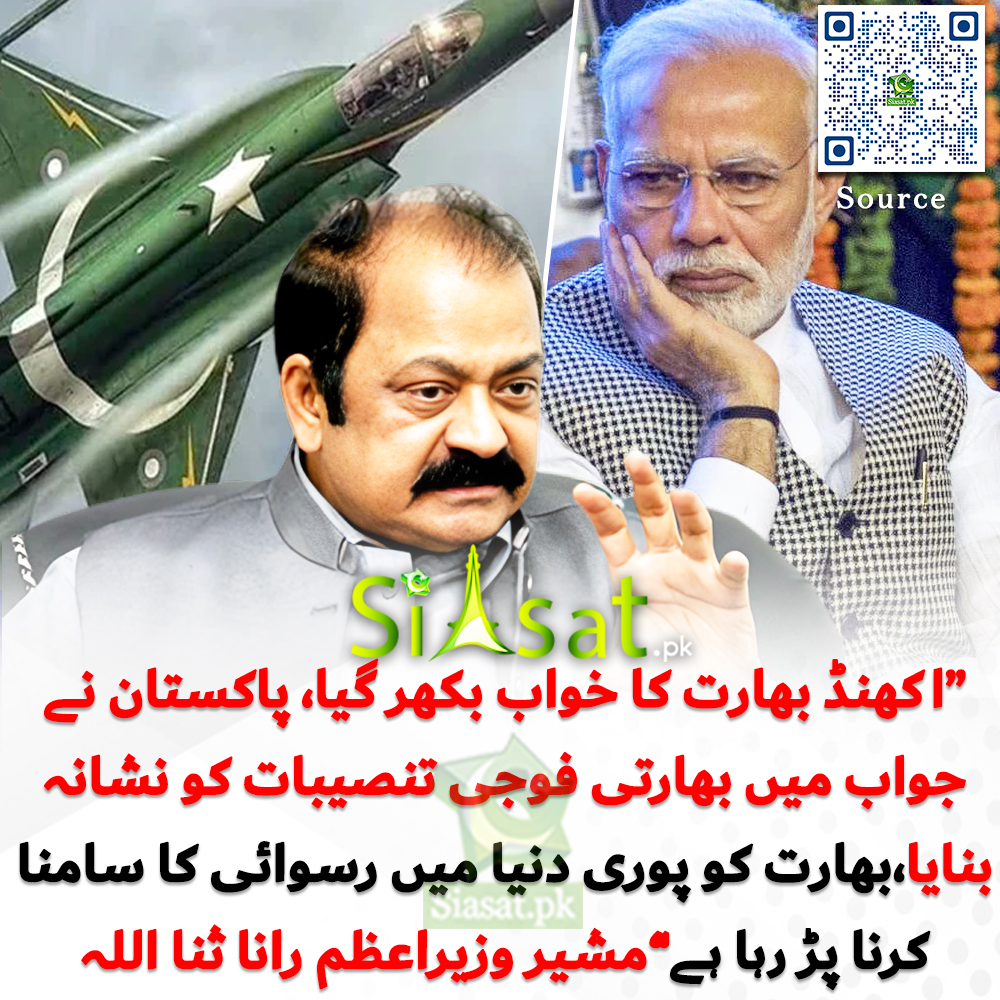jeaybhutto
Senator (1k+ posts)
AN urban bias tends to run through all parties manifestos in Pakistan, although far less so with the PPP. This bias tends to see rural society as basically an agricultural platform, and views economic benefit primarily in terms that are unique to the urban economy.
To be fair, the PPPs manifesto makes plenty of reference to rural schemes and economic issues such as livestock cooperatives and boosting milk processing and crop insurance. But coming from an incumbent party, it is entirely reasonable to ask for the track record first and the manifesto second. Its true that this government initiated a large-scale transfer of government and economic resources towards the rural economy, primarily through the administered pricing mechanism such as the wheat procurement price; but it is equally true that much of the benefit of the redirection has accrued to large landowners and wielders of influence in rural society rather than the small-scale farmer, who was supposed to be the beneficiary.
The manifestos of the other two big parties in the upcoming electoral race the PML-N and the PTI are more obviously urban in nature and talk mostly of the concerns of the formal urban economy. They are silent on crucial reforms required in the rural economy. The PML-N, for instance, speaks of deficits and investment and industrial revival in its manifesto, and despite the existence of a subheading on agriculture, even here the underlying emphasis carries an urban bias by talking about the productive aspects of rural society and not about the kinds of reforms required for its uplift. The PTIs manifesto, drawn up by some of the best professional minds in the country, similarly talks of rural society only as a productive platform for the economy, but not as a social zone with its own problems and requirements. Considering that the rural vote can turn the tide in an election, it is puzzling that the manifestos of the largest parties carry such a deep urban bias.
http://dawn.com/2013/04/19/puzzling-bias-party-manifestos/
To be fair, the PPPs manifesto makes plenty of reference to rural schemes and economic issues such as livestock cooperatives and boosting milk processing and crop insurance. But coming from an incumbent party, it is entirely reasonable to ask for the track record first and the manifesto second. Its true that this government initiated a large-scale transfer of government and economic resources towards the rural economy, primarily through the administered pricing mechanism such as the wheat procurement price; but it is equally true that much of the benefit of the redirection has accrued to large landowners and wielders of influence in rural society rather than the small-scale farmer, who was supposed to be the beneficiary.
The manifestos of the other two big parties in the upcoming electoral race the PML-N and the PTI are more obviously urban in nature and talk mostly of the concerns of the formal urban economy. They are silent on crucial reforms required in the rural economy. The PML-N, for instance, speaks of deficits and investment and industrial revival in its manifesto, and despite the existence of a subheading on agriculture, even here the underlying emphasis carries an urban bias by talking about the productive aspects of rural society and not about the kinds of reforms required for its uplift. The PTIs manifesto, drawn up by some of the best professional minds in the country, similarly talks of rural society only as a productive platform for the economy, but not as a social zone with its own problems and requirements. Considering that the rural vote can turn the tide in an election, it is puzzling that the manifestos of the largest parties carry such a deep urban bias.
http://dawn.com/2013/04/19/puzzling-bias-party-manifestos/

